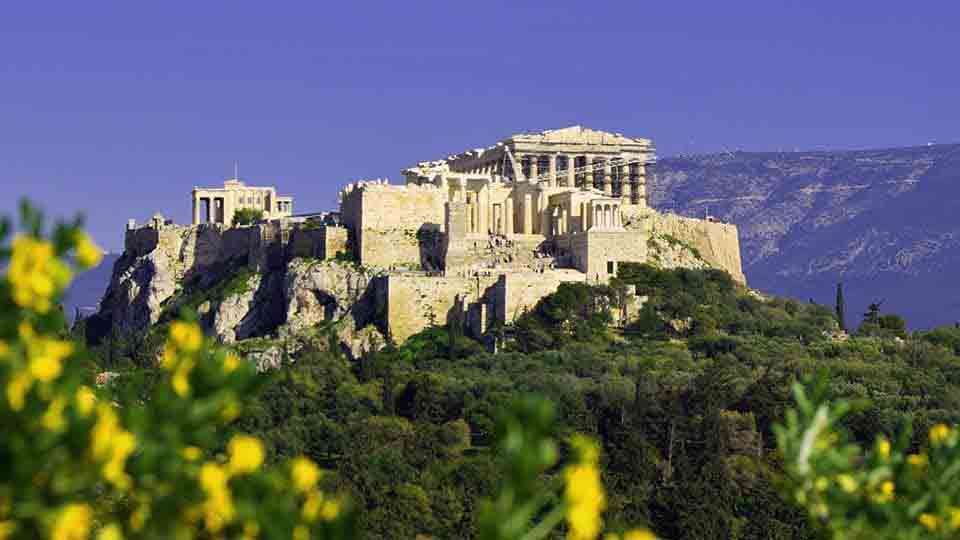Post by Ghost of Truth
Thread
The Greek Temple: Centralized Cold Storage Of Antiquity
Greek temples had an important function in the storage of state money. Temples were frequently used to store votive offerings, which consisted of valuable objects such as gold, silver, and other precious materials dedicated to the gods.
The temples served as a safe place to store these treasures and protect them from theft. Banks: There is historical evidence that temples in Mesopotamia, Egypt, Greece, and Rome functioned as banks.
Temples managed currencies and offered financial services such as loans and deposits. Temples had high credibility and trustworthiness, making them an ideal place to store state money.
Political institutions: Greek temples were not only religious but also political institutions. The temples were funded and managed by the community, and the revenues were used for public purposes such as infrastructure construction and war financing
Symbol of wealth and power: The construction of temples was often associated with great financial expense. Greek cities invested considerable resources in building magnificent temples to demonstrate their wealth and power.
Temples were a symbol of the city's prosperity and contributed to economic development.
Greek temples played an important role in the storage of state money while also serving as political and economic institutions. They were a central part of ancient Greek society and contributed to the stability and development of communities.
#nostr #nostrlearn #bitcoin #history
#culture #greece 

2
2
5
1
Makes sense. Religion was a primary form of state
1
0
1
0
That s correct
0
0
0
0

